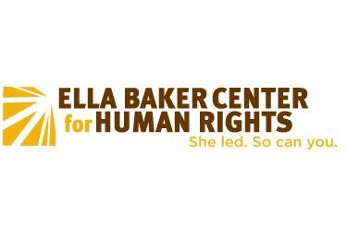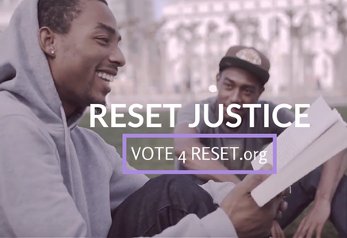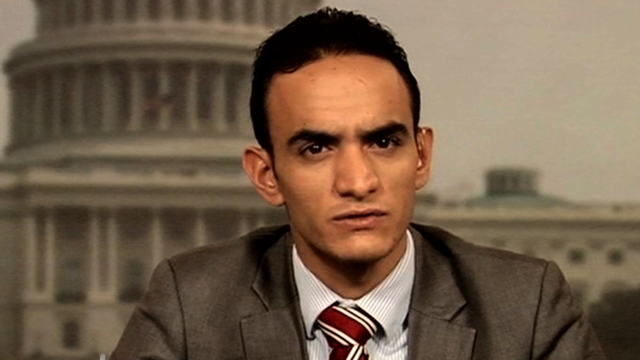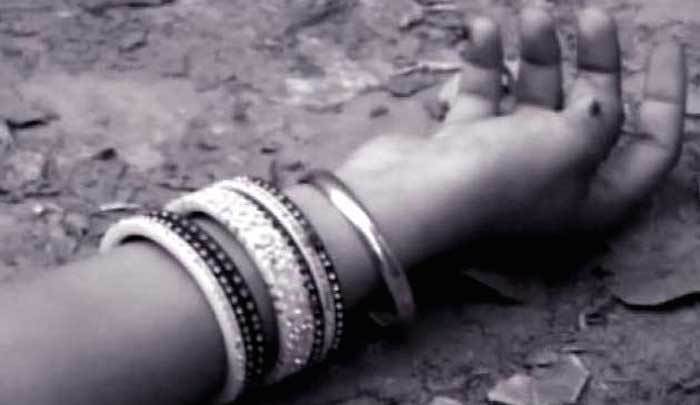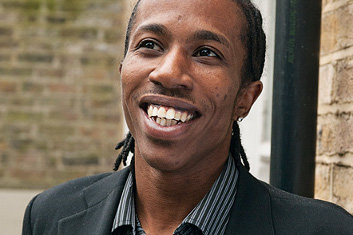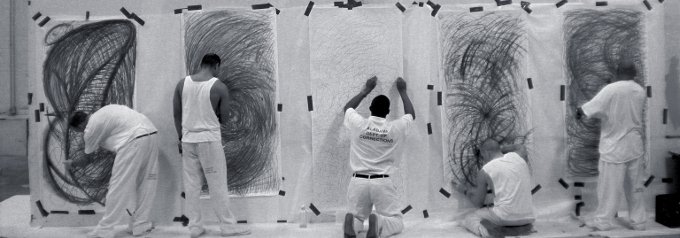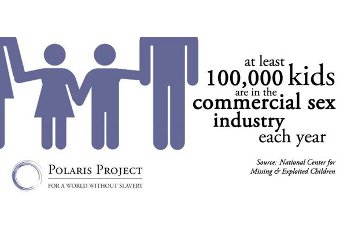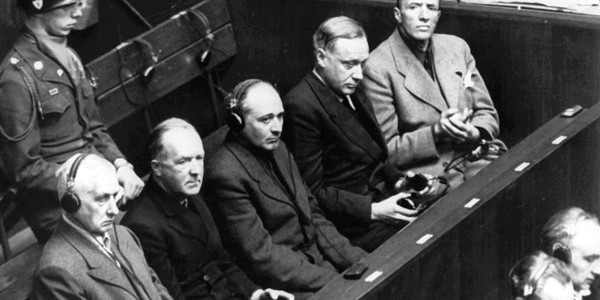In spite of South Africa’s peaceful transition into a legitimate democracy, millions of South Africans still have not experienced the benefits of these historic changes. A very high level of poverty and unemployment persists, and crime rates remain alarmingly high. South Africa remains a hotbed for violent crime, with notably high rates of repeat offenders. As a former probation officer and social worker, Mike Batley became aware of the need to focus on the root causes of crime in order to try to prevent recidivism and to address the often-overlooked needs of victims. After being exposed to the emerging international movement of restorative justice in 1996, Batley began to see it as a framework of a well-articulated value system. The concept of restorative justice focuses not on understanding the circumstances of crime and how best to address the needs of victims. A key process is called conferencing, which is a form of conflict resolution.The focus of conferencing is on creating an environment in which offenders can accept responsibility, right the wrong, and preventing recurrence. Once an agreement has been reached, forgiveness and healing begin in earnest. Batley realized that such an approach could both complement and serve as an alternative to the current system. Passionate about restorative justice’s potential application in South Africa, he began to work towards making it mainstream, thereby fundamentally changing the way the justice system deals with crime.  Web site: http://www.rjc.co.za/ The Woolf within
Web site: http://www.rjc.co.za/ The Woolf within
Restorative justice for repeat offenders
![]()
STAY IN TOUCH
SUBSCRIBE TO OUR NEWSLETTER
AND RECEIVE OUR LATEST STORIES
OLBIOS NETWORK FOR ACTION

